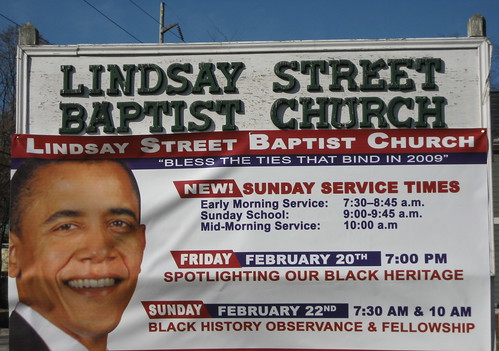
From Wikipedia:
A desire path (also known as a desire line or social trail) is a path developed by erosion caused by animal or human footfall. The path usually represents the shortest or most easily navigated route between an origin and destination. The width and amount of erosion of the line represents the amount of demand. The term was coined by Gaston Bachelard in his book The Poetics of Space.[1] Desire paths can usually be found as shortcuts where constructed pathways take a circuitous route.A short piece in the New York Times entitled "Ploughing Detroit into Farmland" points to this nice post from Sweet Juniper that explicates the emerging desire lines around the vacant urban landscape of Detroit and which can be seen in the photo above, also from Sweet Juniper.
They are manifested on the surface of the earth in certain cases, e.g., as dirt pathways created by people walking through a field, when the original movement by individuals helps clear a path, thereby encouraging more travel. Explorers may tread a path through foliage or grass, leaving a trail "of least resistance" for followers.
The lines may be seen along an unpaved road shoulder or some other unpaved natural surface. The paths take on an organically grown appearance by being unbiased toward existing constructed routes. These are almost always the most direct and the shortest routes between two points, and may later be surfaced. Many streets in older cities began as desire lines, which evolved over the decades or centuries into the modern streets of today.
It's not a term that I was familiar with, though one that I'm now glad I know as I've always been a bit of an intrepid desire path follower. If you've spent any time in a developing country, and Africa in particular I think, you know that desire lines are as ubiquitous as feet and you've no doubt seen vast stretches of forlorn untrodden sidewalk as everyone wisely follows their own much more efficient and no less demarcated desire paths across, around and over it. My own favorite encapsulation of the difference between desire paths and paved roads always came when asking if I was following the right road from one village to another village in the Botswana bush, the reply would inevitably be: "This is a road but it is not the road."

















